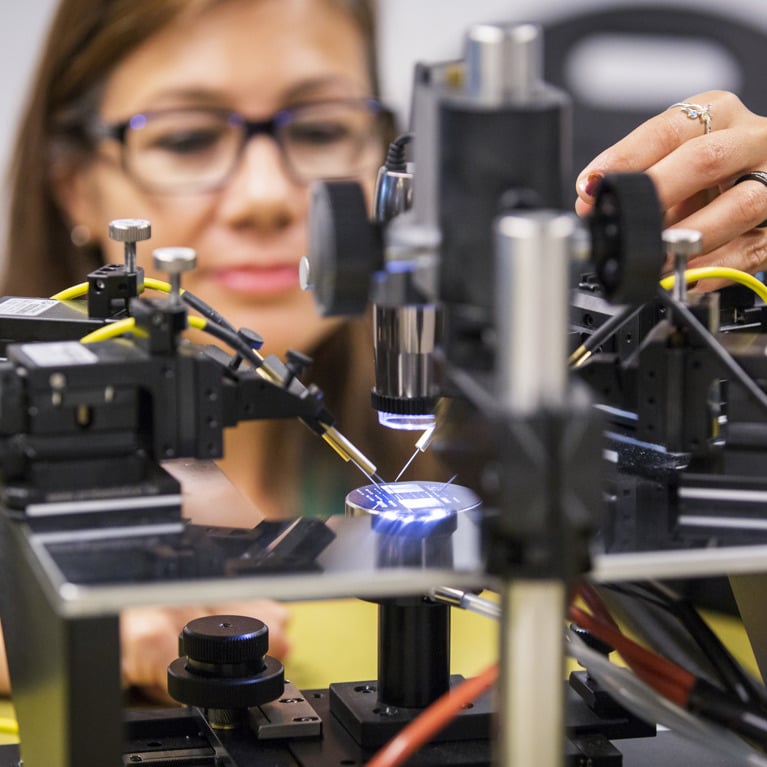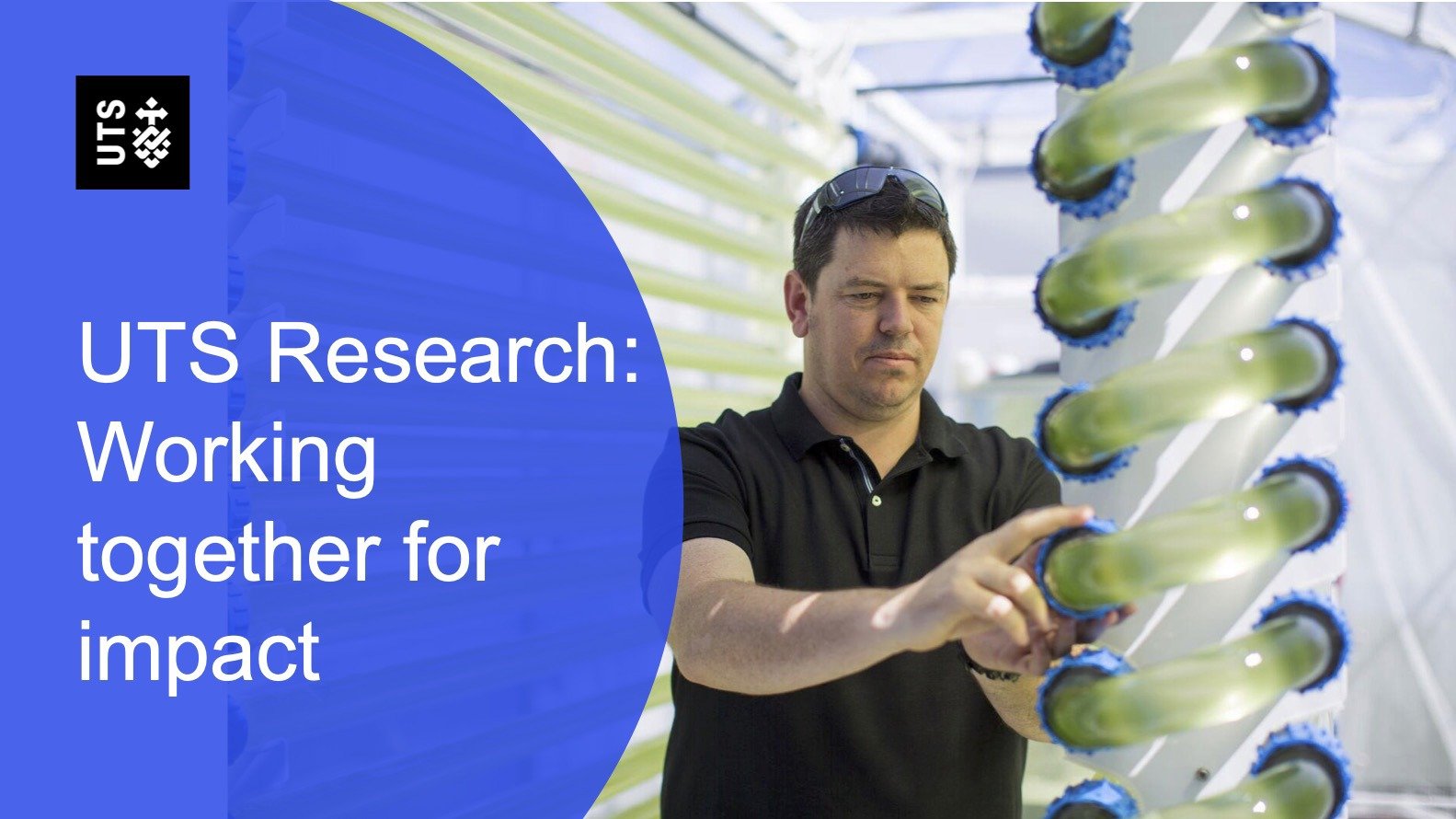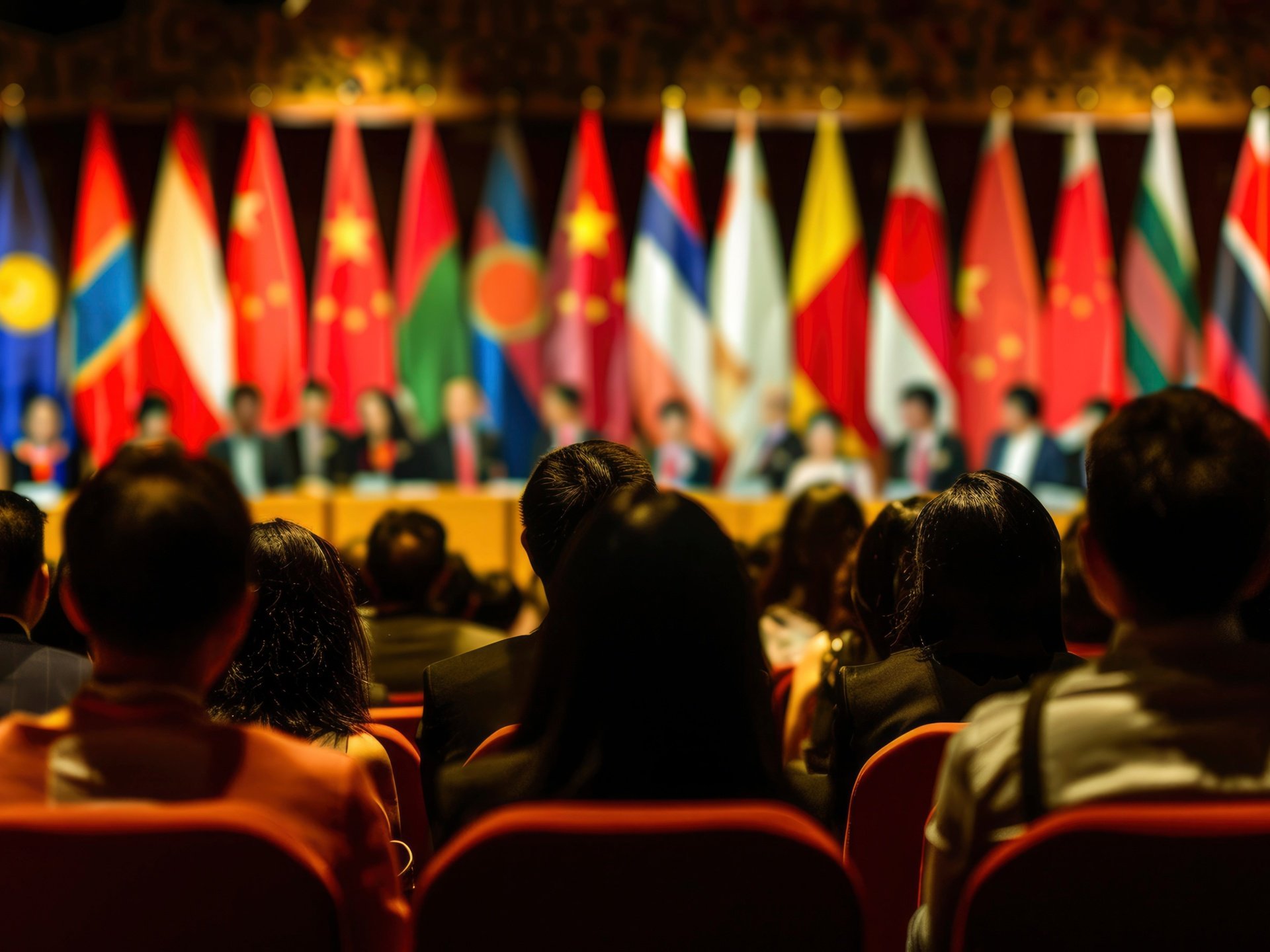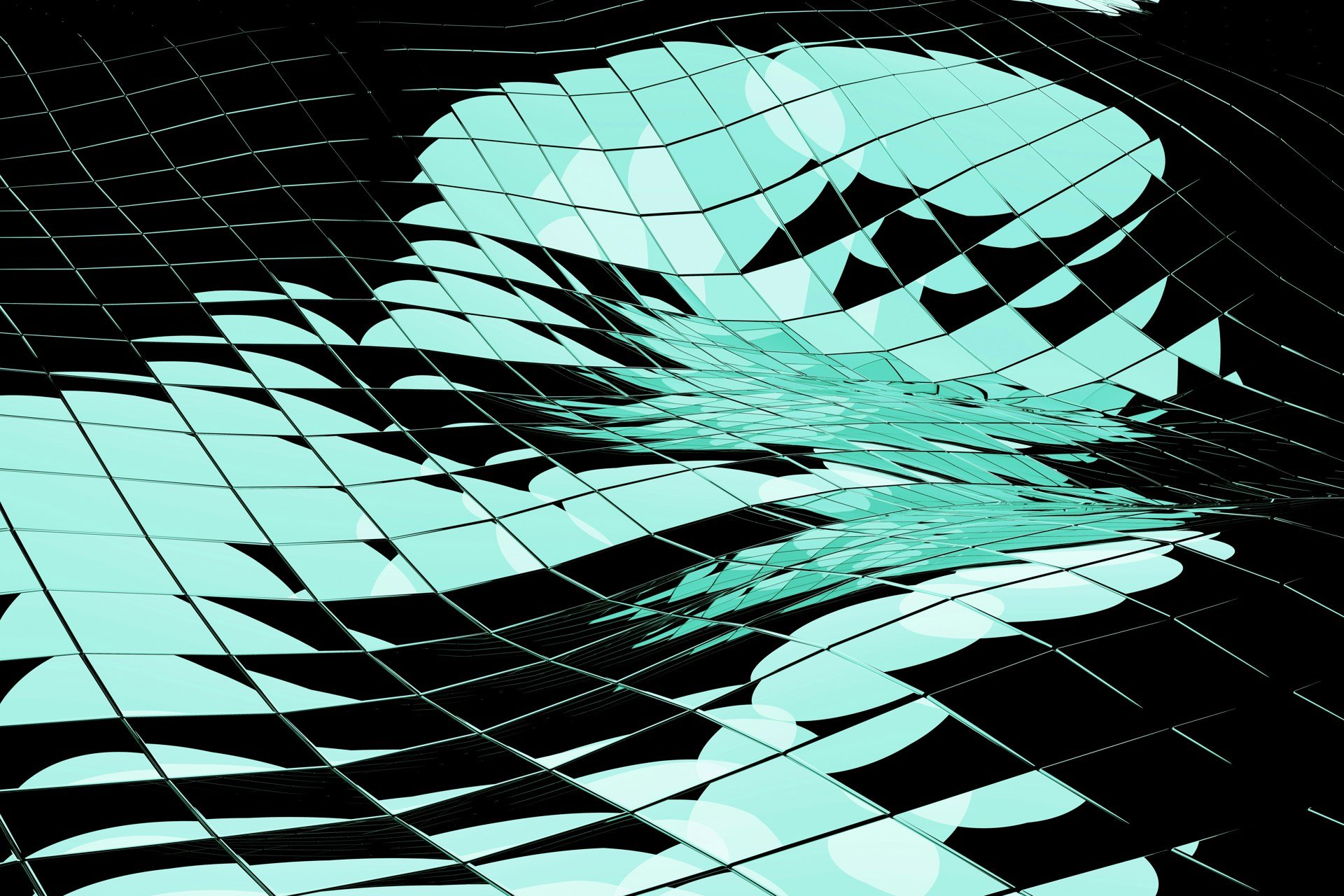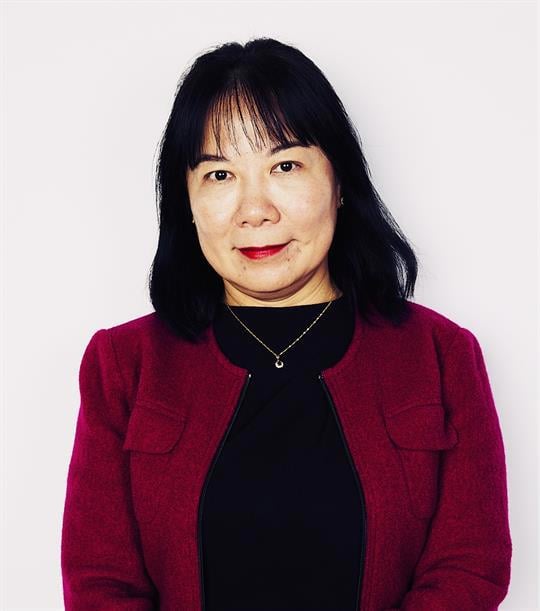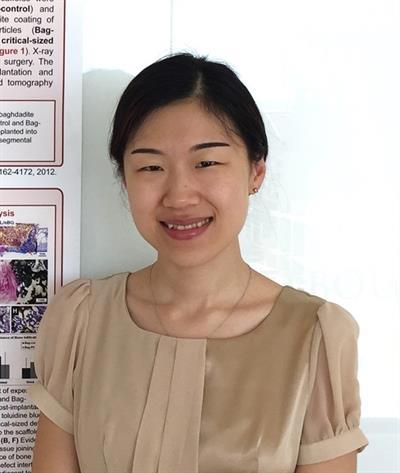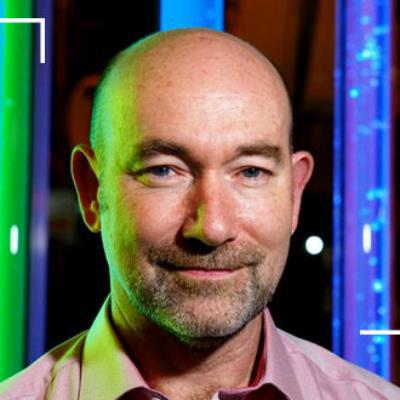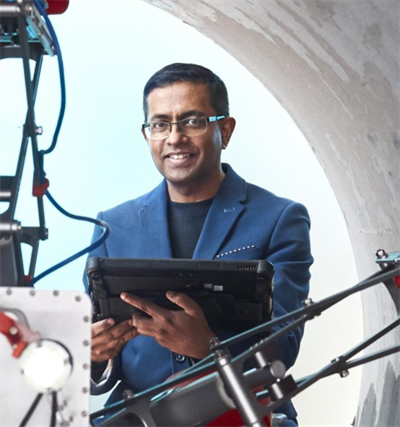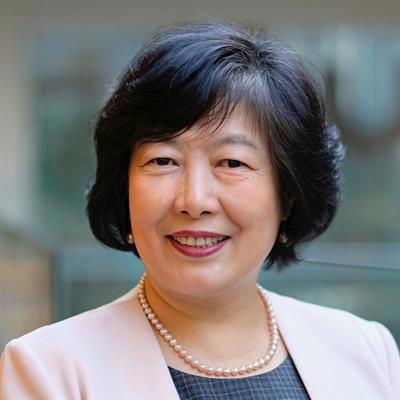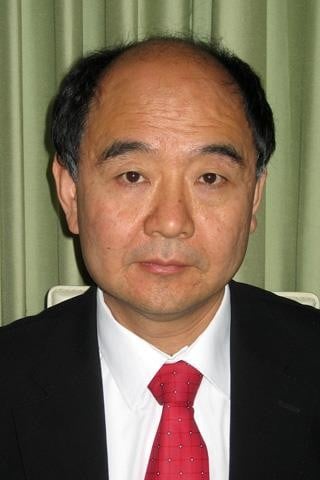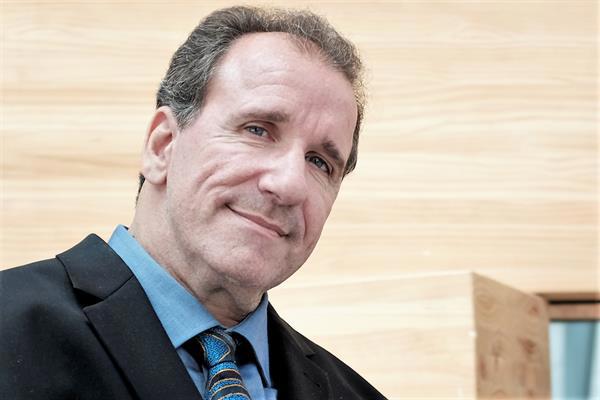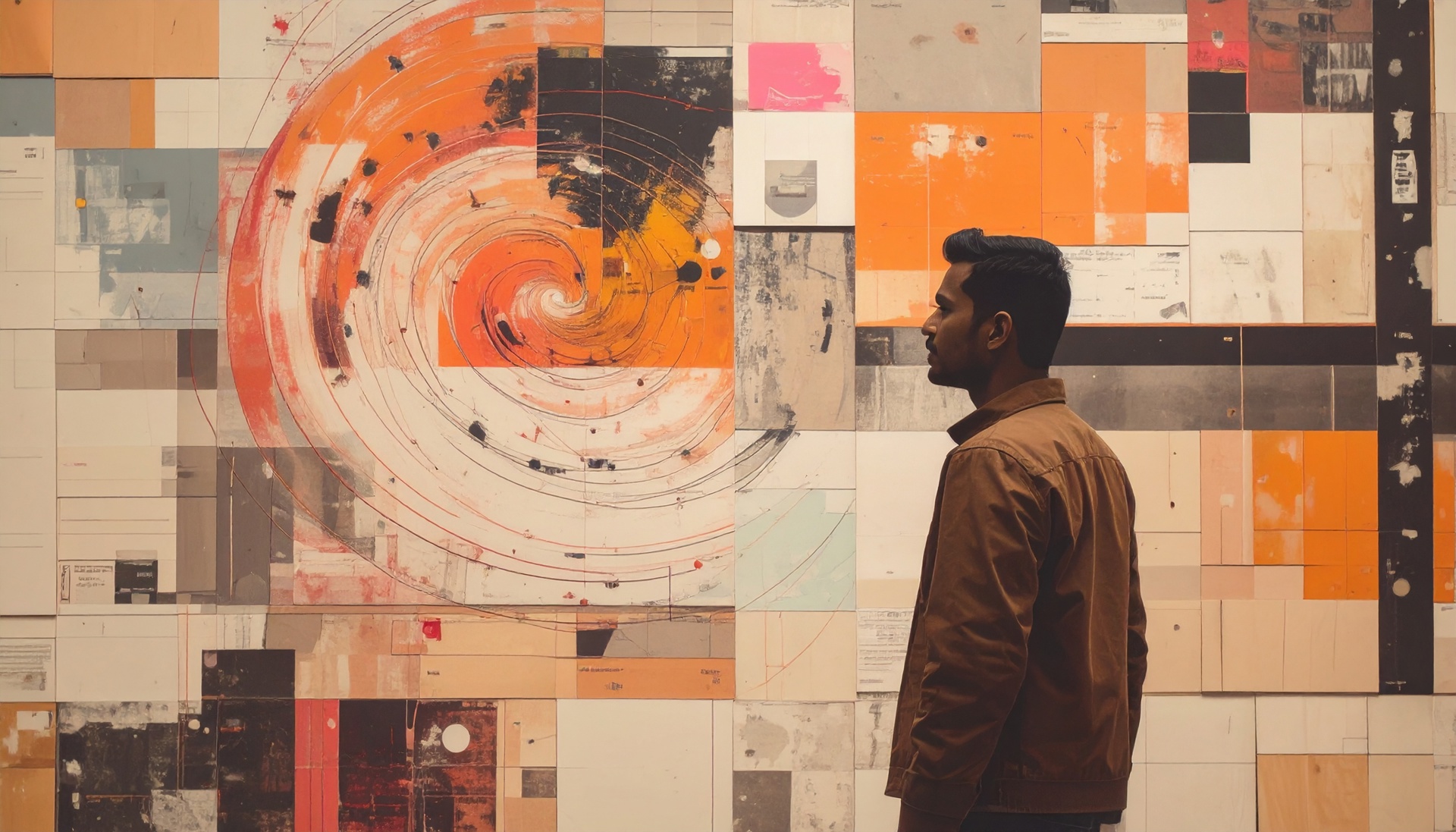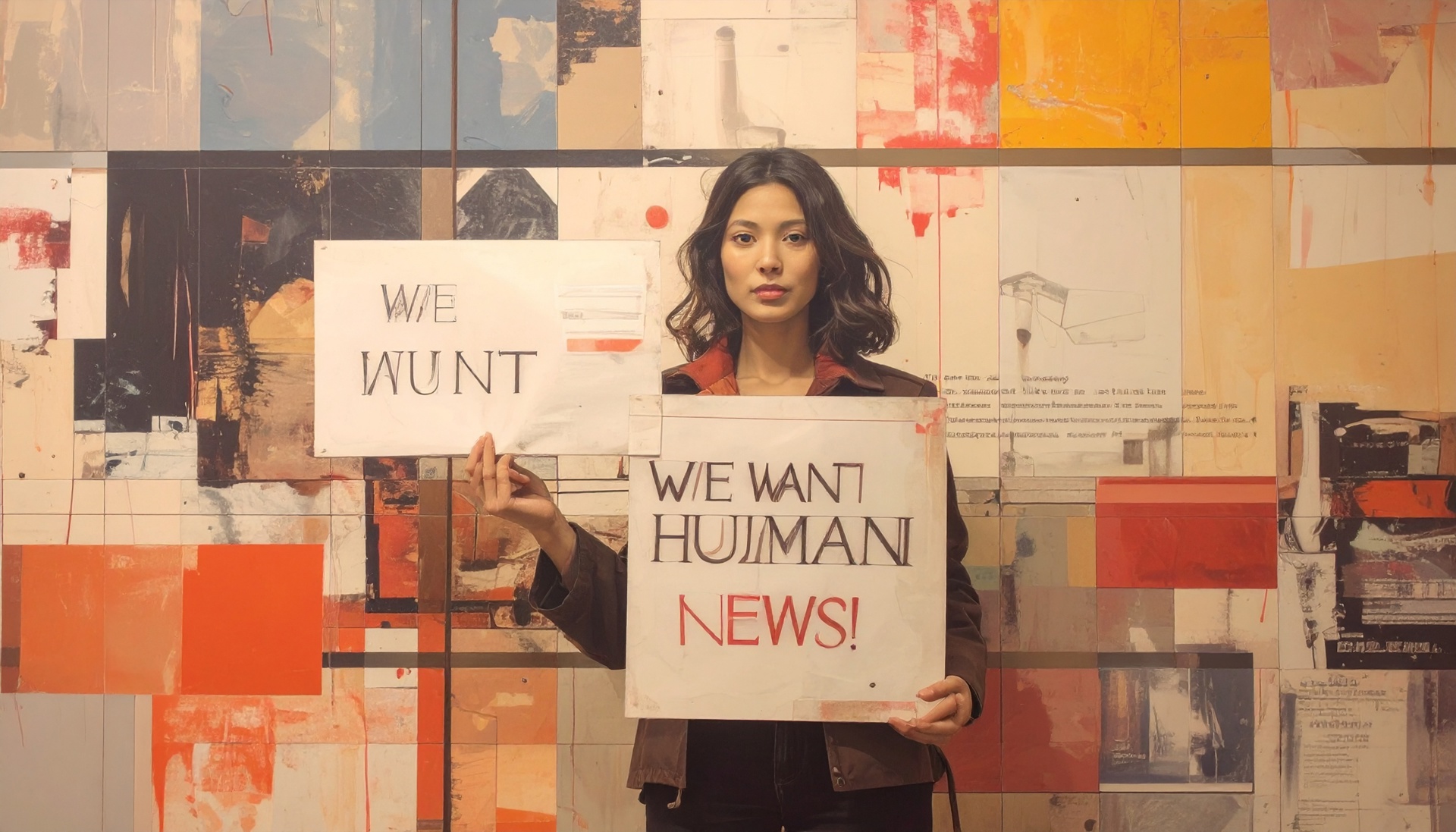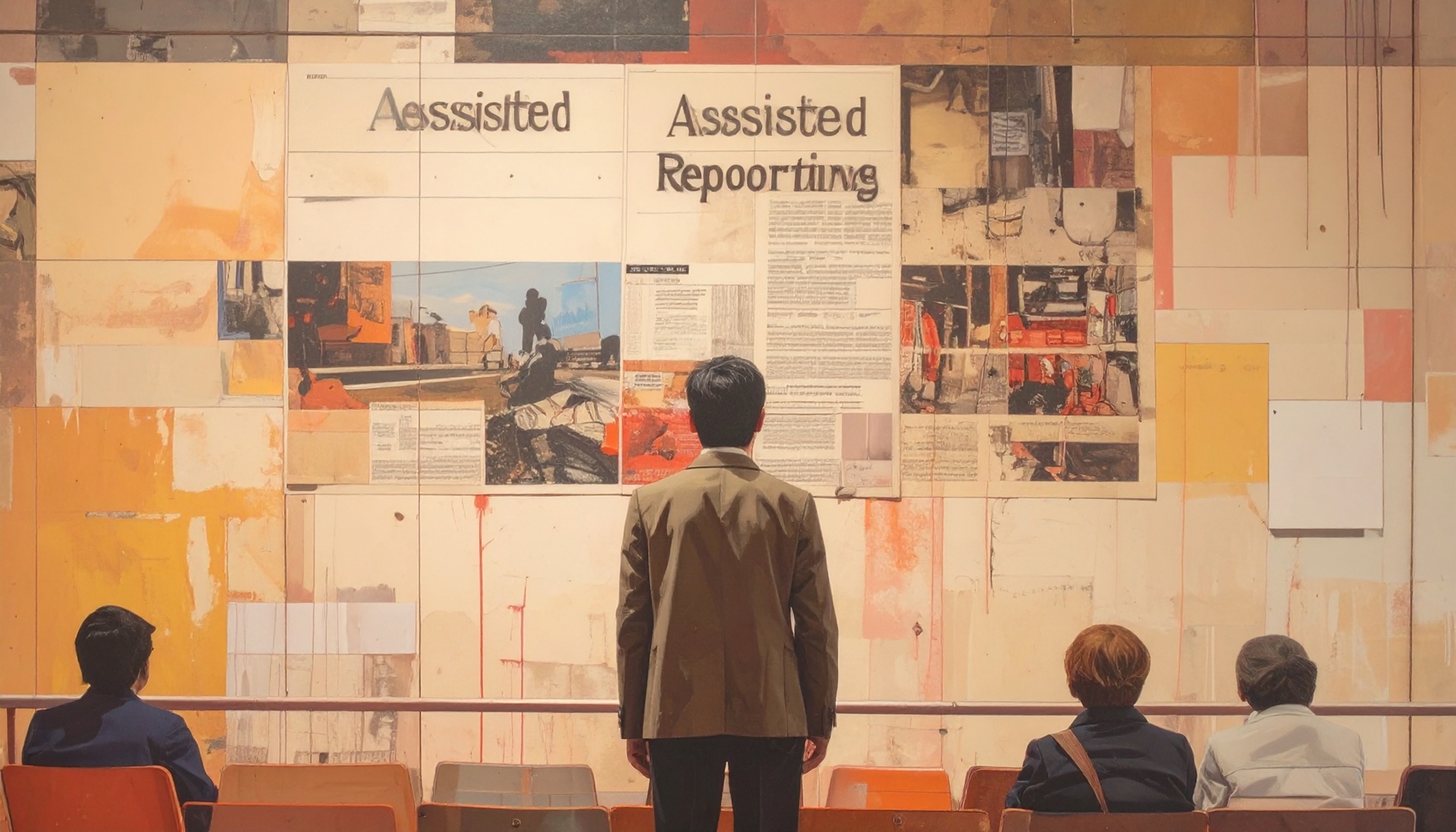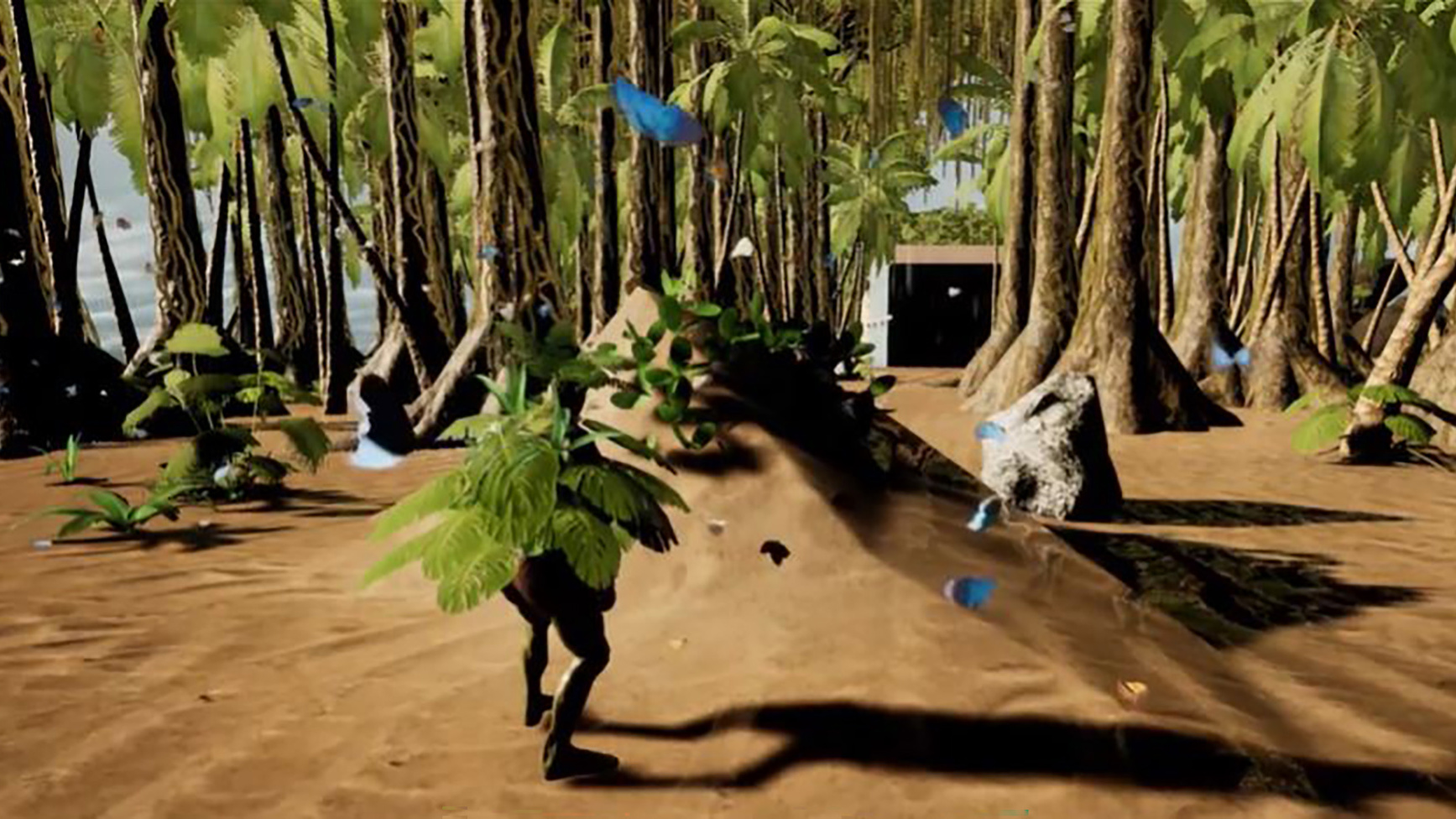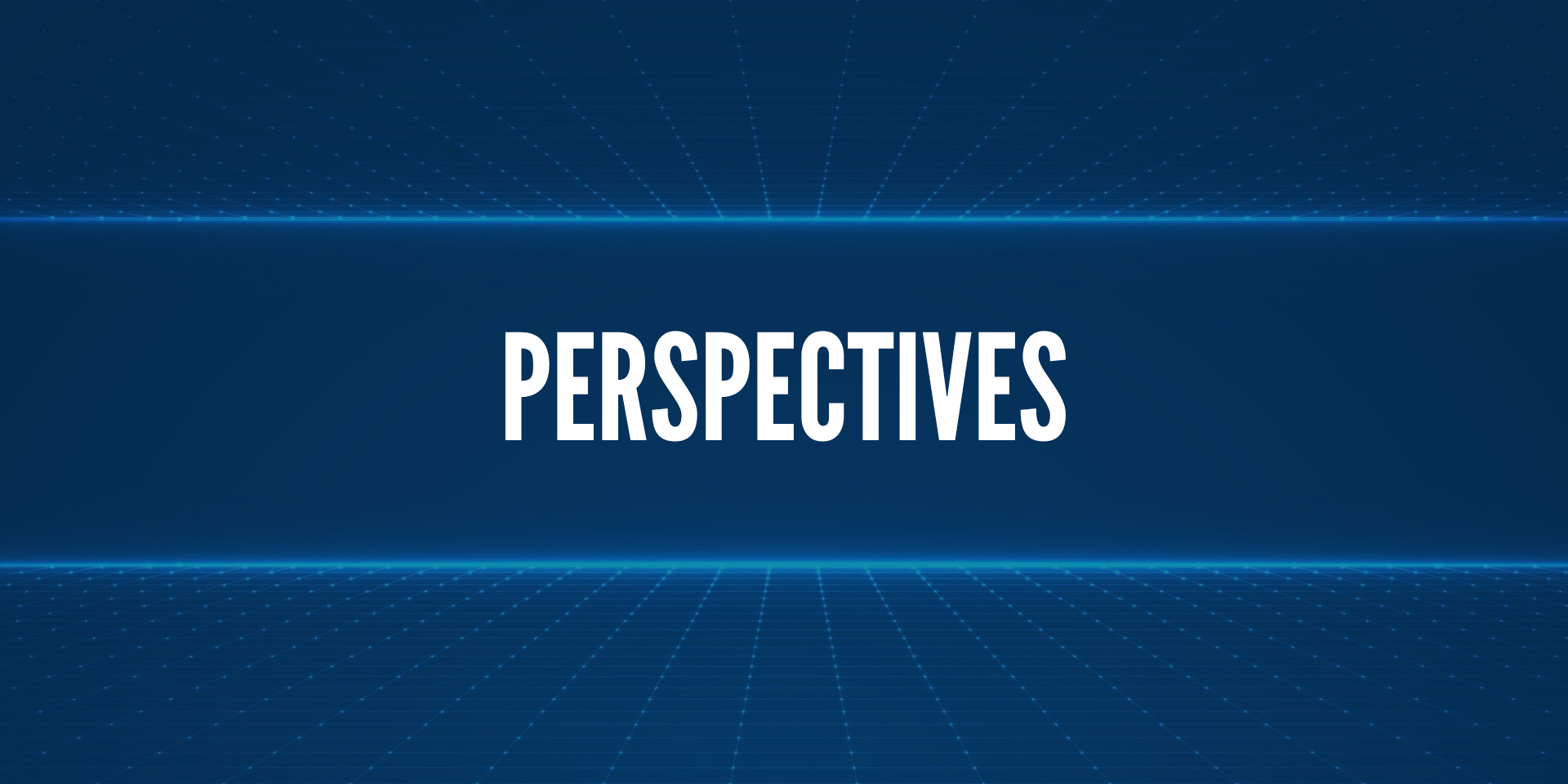Real-world impact
UTS research delivers real-world impact that makes a difference to the world we live in. Our leading researchers work at the intersection of technology and creativity, pushing the frontiers of disciplines including artificial intelligence, biomedical science and design.
Find out about how UTS researchers work together to achieve impact for our partners and communities.
Our research is recognised
We work, unconstrained by tradition, to deliver solutions for our partners, create knowledge with our students and make meaningful changes in our community.
-
lab_research Research quality
2nd
in Australia for research quality.
Times Higher Education World Rankings 2024
-
experiment Research impact
1st
in Australia for research impact, with 80% of research areas rated high impact.
ARC Engagement and Impact for Australia 2018
-
crowdsource Sustainability
1st
in Australia for environmental sustainability.
Times Higher Education Impact Rankings 2025
Research areas
Our research in business and law examines how these disciplines shape society through influencing decision-making in the global economy. Through combining expertise with creative thinking, we develop practical solutions to the challenges facing business, governments and the community.
Our health and science research advances knowledge and improves outcomes in the medical and scientific fields. By combining leading science with practical application, we address critical health challenges and pioneer future solutions.
Our politics and society research examine the issues affecting governance, public policy, and social change. We examine the challengers faced by communities locally and internationally, offering insights and solutions that help build an equitable and just society.
Our research creates lasting impact by addressing the complex challenges presented by sustainability.
Our technology and design research develops innovative solutions to the challenges of the modern world. Through an interdisciplinary approach combining state-of-the-art technology and creative thinking, we produce systems, products and experiences that enhance our community.
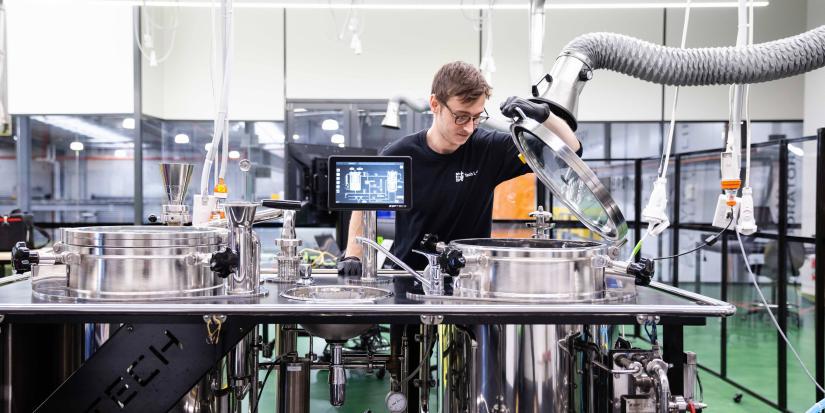
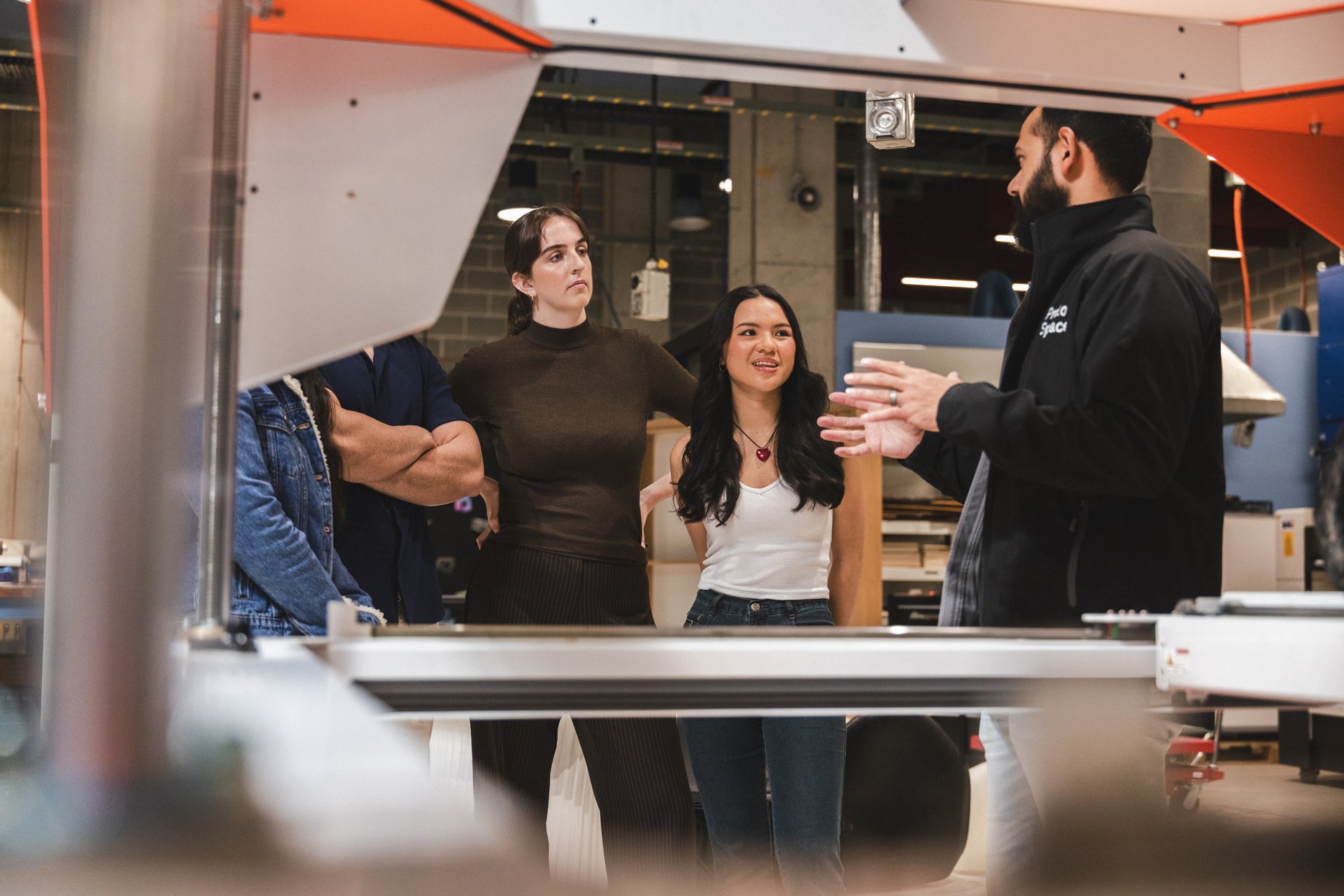
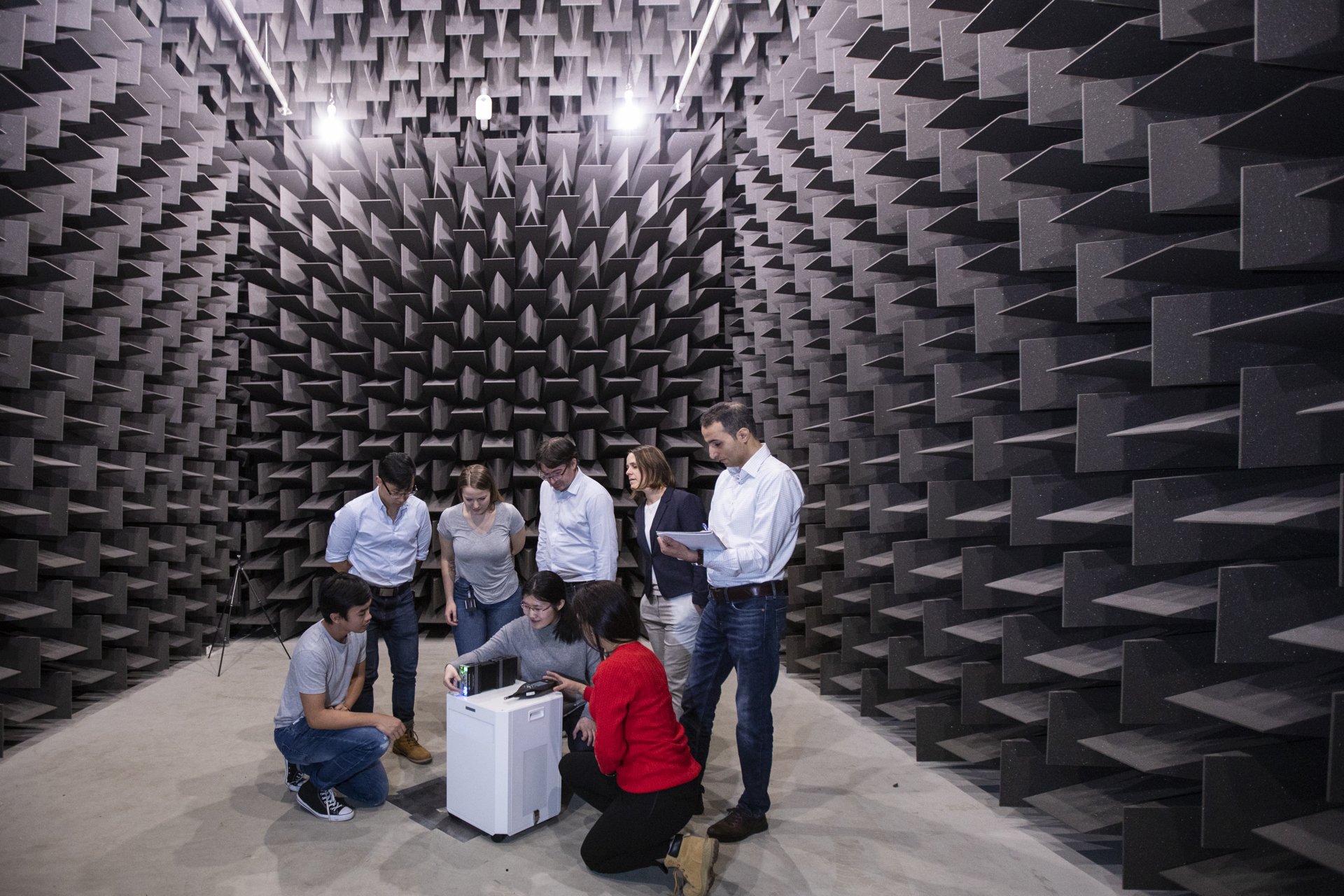
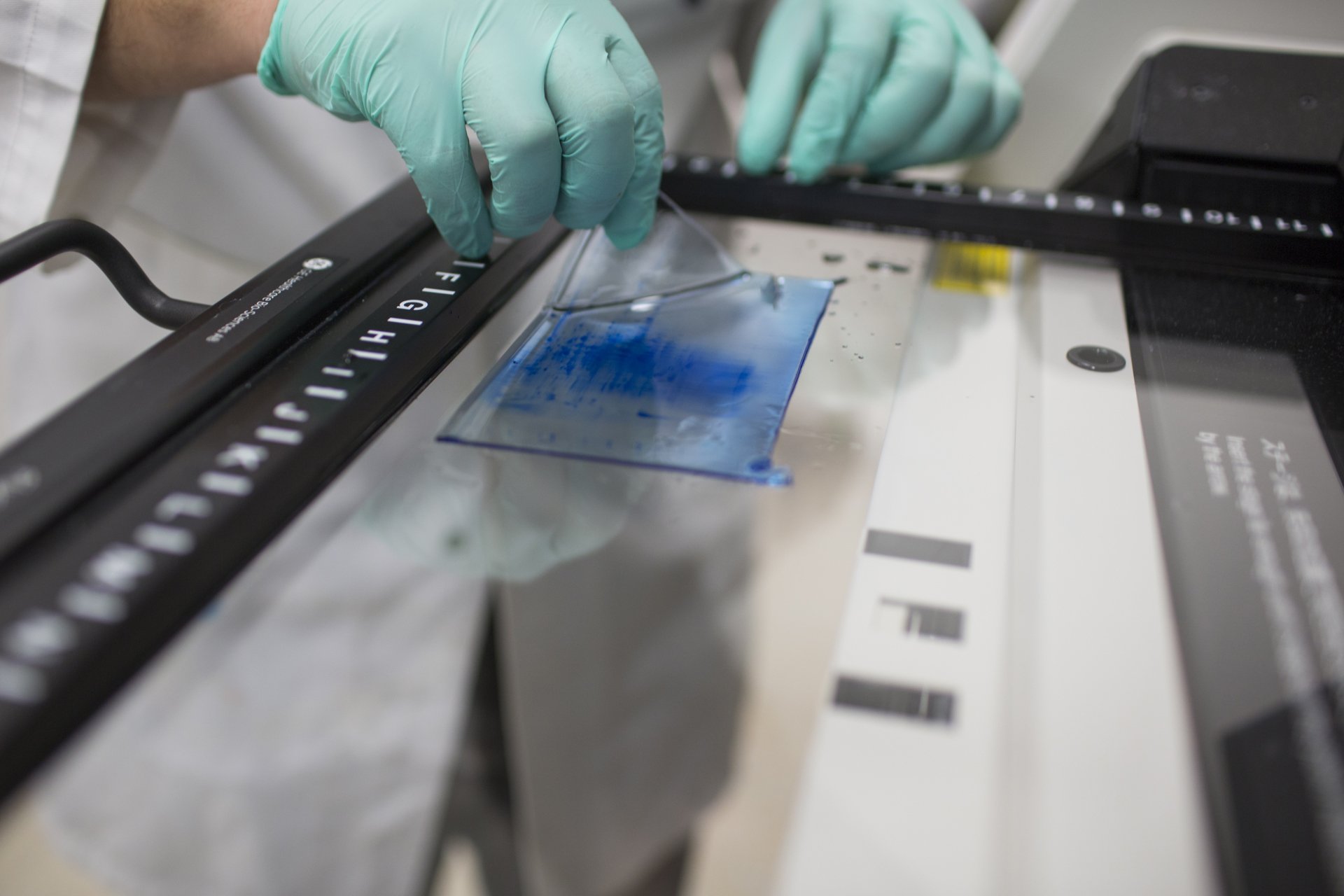
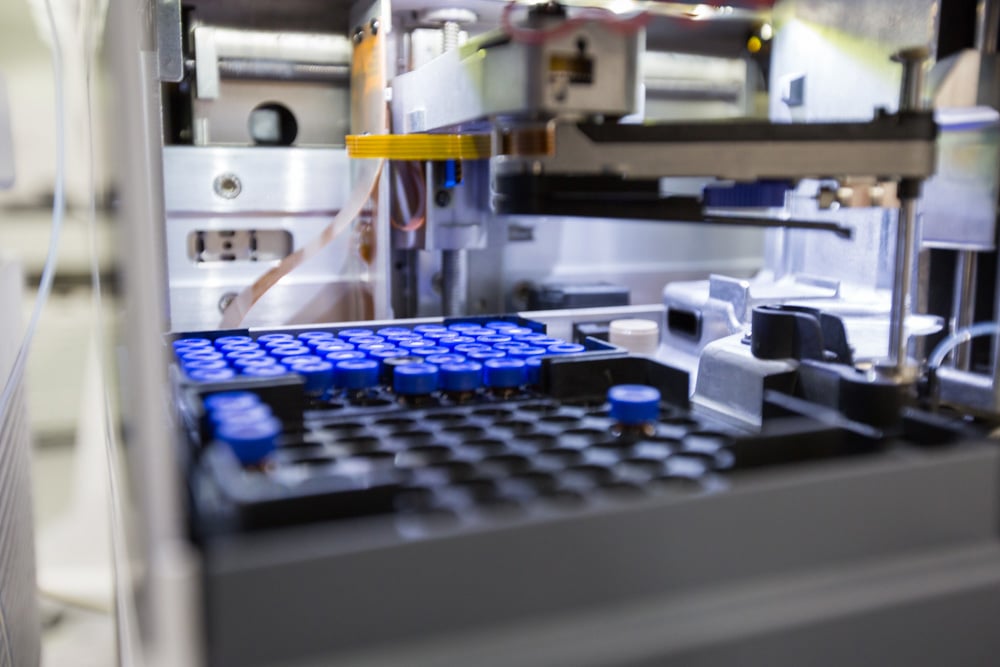
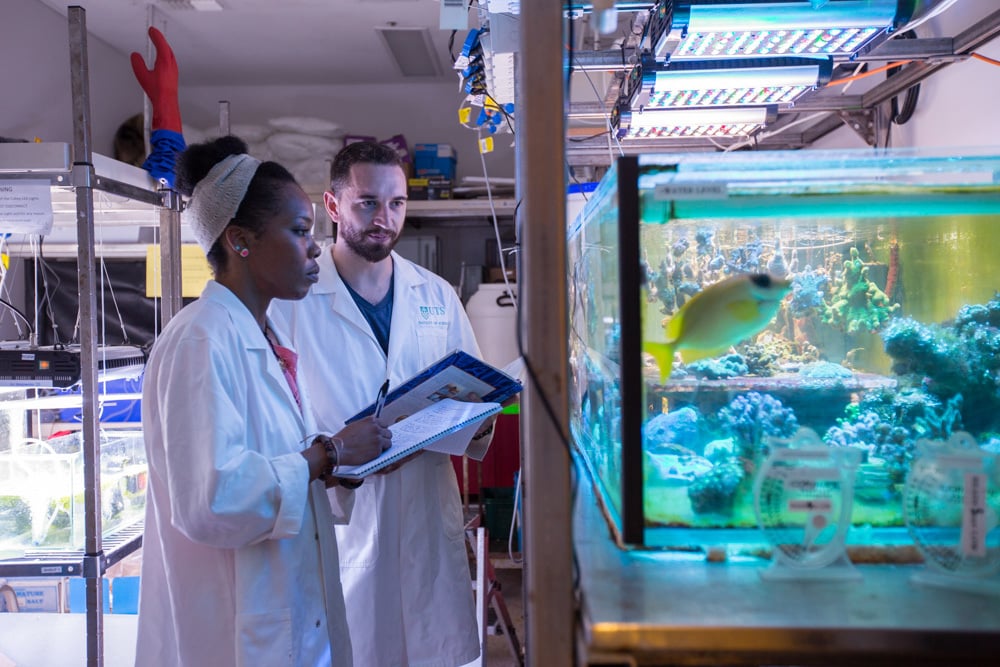

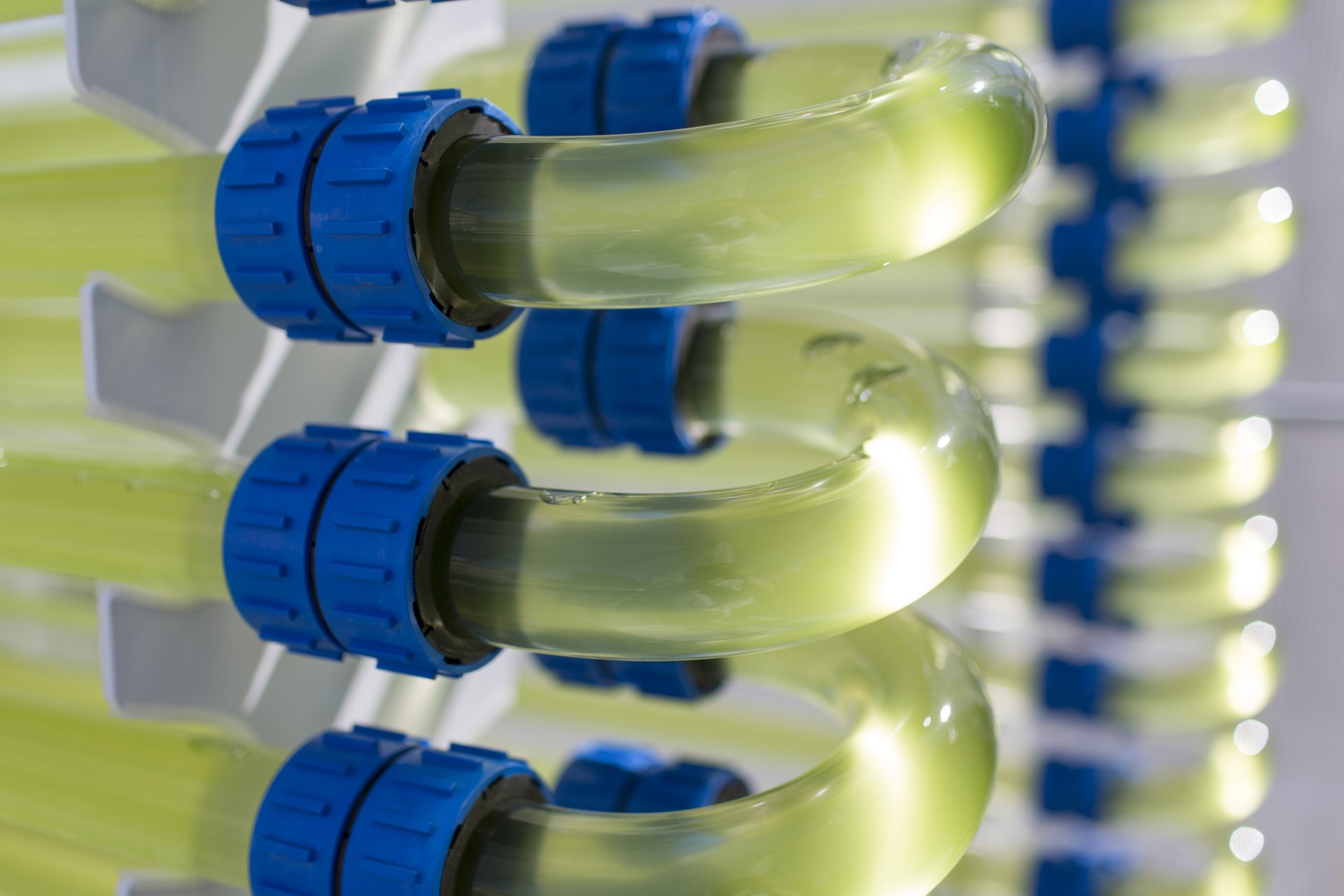
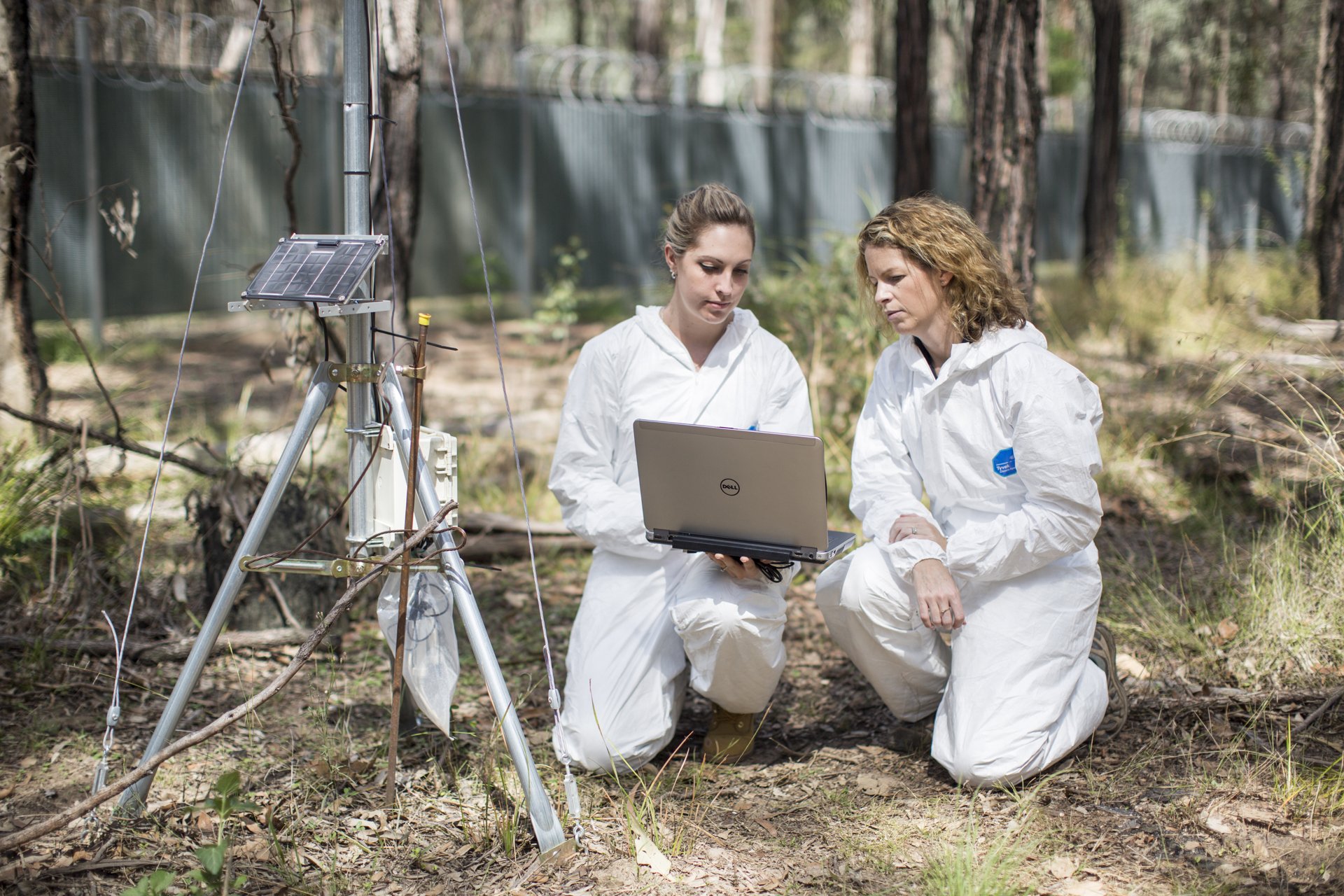
Meet our researchers
Our researchers' innovative work is addressing today’s challenges and creating meaningful change.
Exec Director, Data Sci Institute & Distinguished Professor
The Data Science Institute
Senior Lecturer
Climate Change Cluster
Senior Lecturer
School of Biomedical Engineering
Director
Climate Change Cluster
Director, UTS RI
Faculty of Engineering & Information Technology
Laureate Fellow
Faculty of Engineering & Information Technology
Distinguished Professor
School of Electrical and Data Engineering
Professor
Management Discipline Group
News and case studies
Learn how our research is delivering impactful change.
The general feeling in the news sector is that the horse had bolted, despite the minimal move of blocking AI scrapers and the debate opened by the Productivity Commission on copyright exceptions for AI.
There is little desire to use AI to produce news content. While newsrooms are looking at ways to automate time-consuming or low-value tasks, none of them see AI as capable of performing the tasks of a journalist.
The rise of AI has been both awe-inspiring and unsettling to experience, mostly because it’s unfolded so seamlessly, so quickly, into our everyday lives.
Dr Rhett Loban has won a 2025 Young Tall Poppy Science Award for designing Indigenous culture into digital games and immersive experiences.
The rise of AI has been both awe-inspiring and unsettling to experience, mostly because it’s unfolded so seamlessly, so quickly, into our everyday lives.
The general feeling in the news sector is that the horse had bolted, despite the minimal move of blocking AI scrapers and the debate opened by the Productivity Commission on copyright exceptions for AI.
Dr Rhett Loban has won a 2025 Young Tall Poppy Science Award for designing Indigenous culture into digital games and immersive experiences.
There is little desire to use AI to produce news content. While newsrooms are looking at ways to automate time-consuming or low-value tasks, none of them see AI as capable of performing the tasks of a journalist.
